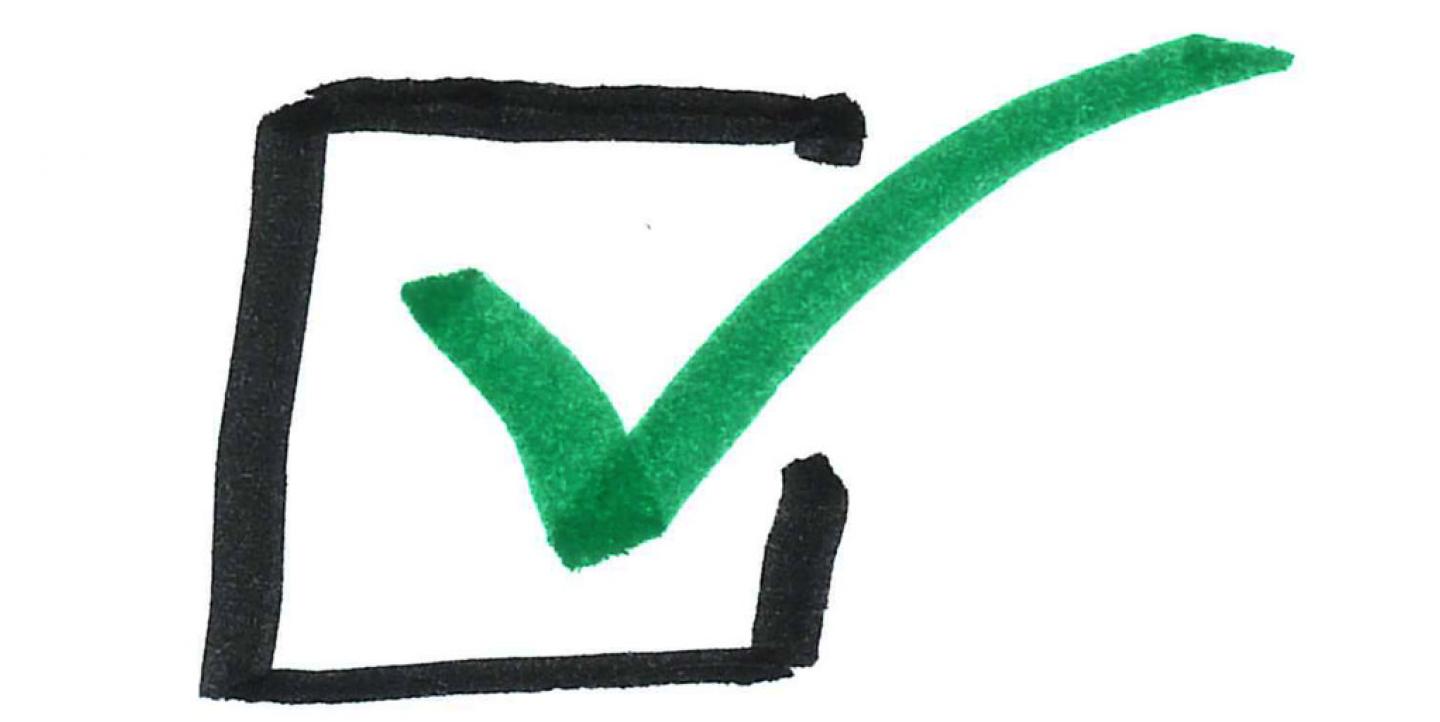With hundreds of radio stations and six daily newspapers, Kenya has a vibrant media scene. But until 2016, there were no media initiatives dedicated exclusively to fact-checking. That year, with help from Code for Kenya and the Kenyan chapter of the International Budget Partnership (IBP), ICFJ Knight Fellow Catherine Gicheru helped launch PesaCheck.
A riff on the Swahili word for money, “pesa,” the initiative is made up of a team of fellows who fact check statements by public officials on budgets and public finance. As Gicheru explained, PesaCheck monitors these issues because citizens have the right to understand how their tax dollars are being used in public budgets — however, more often than not, the media will simply reprint the numbers cited by officials without analyzing whether they’re correct.
“There are some things that are gray area issues, where you can say it’s partly true, but it’s partly false too,” said Gicheru. “Fact-checking can put those areas into context. It can give people a way to interpret the information you’re giving them in a much more nuanced way.”
PesaCheck shares its articles with five major newspaper and radio media partners in Kenya, and also encourages civil society groups to republish relevant content.
Readers have been taking notice — one article helped pressure Kenya’s Cabinet Secretary for Labor to release more detailed information on budgeted aid for orphans and disabled children, while other posts have inspired citizen journalists to conduct their own fact-checks.
Making fact-checking go mainstream
One challenge faced by pioneer fact-checkers is building up a wider audience for their material. PesaCheck tried to do this by establishing partnerships with other media organizations to cross-publish their material. During PesaCheck’s early days, Gicheru made a habit of calling or emailing media partners every time they published a new article. “You have to have these conversations until they understand why it’s important,” she said.
She also recommended sharing fact-checking articles directly with other influencers — such as individual reporters, or like-minded organizations such as the Kenyan chapter of Transparency International. When publishing niche stories, PesaCheck will directly share articles with those who specialize in that area, as the organization did when running articles about maternal health.
Building an effective fact-checking organization also means recognizing that you can’t fact-check everything. Thus, when selecting which issues to cover, PesaCheck prioritizes issues that have a greater public interest, as well as those that can be fully corroborated with either documents or data.
PesaCheck also focuses more on fact-checking national rather than local budgets, since Kenya’s county offices haven’t yet made their budget documents available online (Thanks to the country’s new freedom of information law, however, anyone can now request that information).
Getting used to fact-checking budgets
Fact-checking budgets may seem especially daunting to math-averse journalists, but PesaCheck’s first Kenya Fellow Leo Mutuku (a trained mathematician and researcher, who worked as a fellow until February 2017), says they shouldn’t be intimidated.
“I think journalists don’t have to go into the crazy statistical analysis to get into [budget] fact-checking,” she told IJNet. “Just acquaint yourself with the budget cycle. Just knowing that this is the process a budget goes through in a fiscal year makes you a hundred times better at your job, rather than just reporting what other people say. That way you are able to discern immediately if something is off.”
Other emergent fact-checking organizations would do well to ally themselves with technologists who could help them access or clean up data needed to fully check certain claims, Mutuku said.
“We do hit roadblocks where the data is not available, so I would use IBP and Code for Africa’s network to try and get that data,” she said.
When in doubt, she added, journalists should call an expert, such as a local economist.
PesaCheck has opened a sister chapter in Tanzania and plans to expand to other African countries, while also growing their Kenyan audience. Gicheru said she believed initiatives like PesaCheck are more important than ever, given the amount of disinformation and poorly reported stories available to readers.
“Fact-checking should be the default for any journalist, but that doesn’t mean that anyone who’s interested and able can’t do this,” she said. “You just need to be ready to be extremely careful.”
Catherine Gicheru is a veteran Kenyan journalist working with Code for Kenya. Learn more about her work as an ICFJ Knight Fellow here.
Main image CC-licensed by Flickr via Oliver Tacke.

